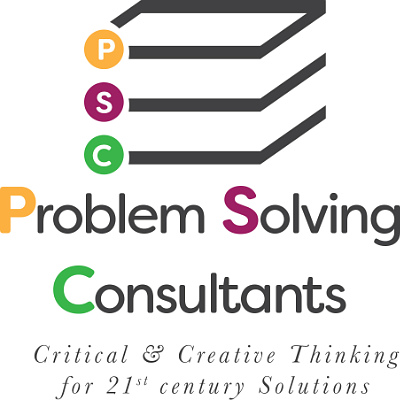It’s the end of yet another difficult week and as you start to leave the office, do you think about writing just one more memo to your staff? What about to the stockholders? What would you want to say in that memo? Would you tell your staff that you’re sick and tired of all the stupid little games and petty arguments that constantly undermine the effectiveness of your organization? Would you tell your stockholders that you’re fed up with their constant second guessing? For some, the only exercise they get is jumping to conclusions that you’re incompetent and they could certainly manage the organization better than you’re doing right now. Does your memo include the invitation to all those who think they can do a better job to step up because you’ve gone fishing and will return when the blue cheese on the moon is being harvested? Why is it that no real progress seems to get made?
My question to you is – how well do you understand and appreciate the dynamics of the groups that make up your organization? Have you created an environment where a group can come together and function effectively? If you haven’t, why not? Do you understand and appreciate the characteristics of the groups? Do you even know the stages a group has to go through to come together and become effective in completing the assigned tasks? Or did you simply think that all you had to do was call some people to your office, assign the job to them and give them a deadline? If you answered “no” to any of my questions, let’s chat. This is a good a forum as any!
